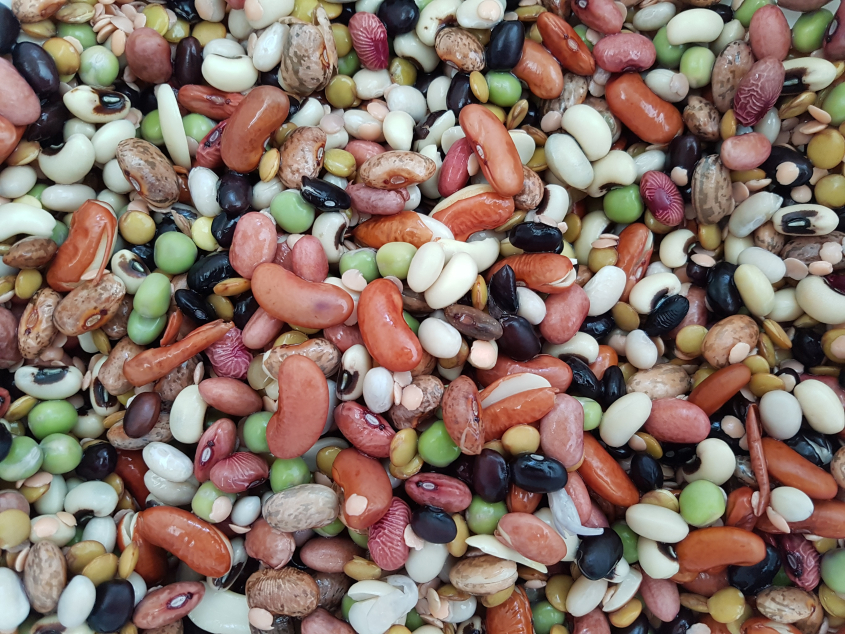
The Nutrition Society Paper of the Month for February is from the Proceedings of the Nutrition Society and is entitled “Characterising the muscle anabolic potential of dairy, meat and plant-based protein sources in older adults” Authors: Stefan H. M. Gorissen and Oliver C. Witard.
Ageing is accompanied by the loss of muscle mass and strength, which compromises independent living and quality of life. In addition, lower muscle mass is associated with increased risk of falls and fractures, morbidity, and mortality. In order to offset losses in muscle mass and strength, it is important to perform regular physical activity and consume sufficient (high quality) protein in the diet. Physical activity and dietary protein are the two main anabolic stimuli that stimulate muscle protein synthesis and inhibit muscle protein breakdown, thereby improving net protein balance. The muscle protein synthetic response to protein ingestion is dependent on the amount, type, and source of protein ingested. The aim of the present review is to compare animal-derived and plant-based proteins on their capacity to stimulate muscle protein synthesis, and to propose strategies to enhance the anabolic response.
The two milk proteins, whey and casein, are perhaps the most studied animal-derived proteins. Both whey and casein have a high essential amino acid content, with leucine in particular, and result in a robust stimulation of muscle protein synthesis. Nonetheless, the postprandial muscle protein synthetic response differs due to differences in dietary protein digestion and absorption. Whey protein is digested more rapidly and stimulates muscle protein synthesis to a greater extent for a shorter time period, while casein clots in the stomach which slows gastric emptying resulting in a moderate but more prolonged stimulation in muscle protein synthesis. Less information is available regarding the amplitude and duration of the muscle protein synthetic response to the ingestion of plant-based proteins. This gap in knowledge is surprising given that about 60% of dietary protein consumed worldwide is derived from plant sources. In addition, with the increasing global population and the greater demands for protein-rich foods, there is a need to promote alternative, more sustainable, protein sources. Plant-based proteins offer benefits over animal-derived proteins regarding sustainability; however, can they stimulate muscle protein synthesis and do they allow for muscle mass maintenance with ageing?
Plant-based proteins are often considered less anabolic than animal-based proteins. However, this assertion is based on a limited numbers of studies that have compared the muscle protein synthetic response to milk proteins versus soy and wheat protein. No other plant-based protein sources have been examined in this context. The lower muscle protein synthetic response to the ingestion of plant-based proteins might be related to the lower essential amino acid or leucine contents. In addition, some (but not all) plant-based proteins are low in lysine and/or methionine, which may be limiting for protein synthesis when lower amounts of protein are consumed. Strategies are required to overcome the inferior anabolic properties of plant-based proteins. Ingesting a blend of two or more plant-based proteins could overcome deficiencies in a single amino acid. In addition, co-ingesting leucine with a plant-based protein will likely enhance the muscle protein synthetic response. Applying these strategies may support maintenance of muscle mass with ageing when diets rich in plant-based protein are consumed.
Image with thanks to Syncop8ted, Flickr, reproduced under a CC license
